10 Plant-Based Waters Making a Splash

Bet you didn’t know that your water-drinking ways were ripe for disruption.
Yep, the whole “drink a lot of water” thing, which once seemed like one of the few simple, straightforward health tenets out there, has become surprisingly muddled by the recent wave of alternate water products infused with various plant extracts, pulps, peels, leaves, and saps—each with its own purported payoff.
It’s logical to think that plant-derived waters—which are naturally vegan, gluten-free, and laden with phytonutrients—would be overflowing with certifiable health perks. But the mega-hyped marketing ploys also make some people wonder if these waters are just the hippie sister of gas-station energy drinks? Here, a breakdown of H2O-based beverages—and don’t miss these 50 Best Detox Waters for Fat Burning and Weight Loss while you’re at it!
Artichoke Water
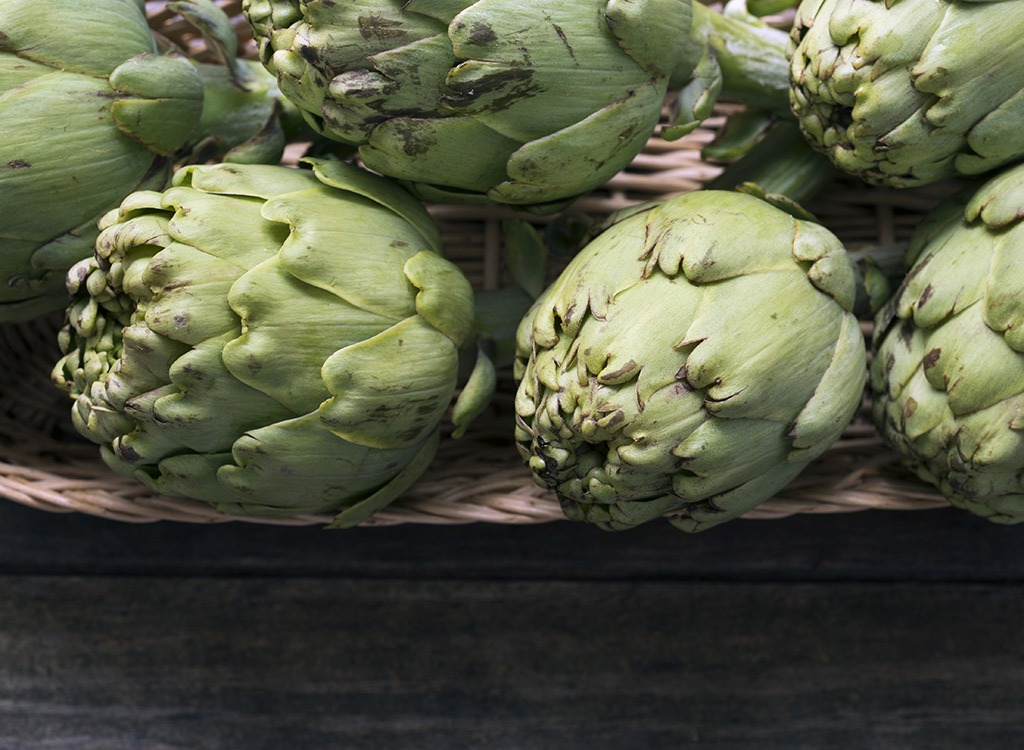
Artichoke water seemed to come and go all in 2015—in part because Arty Water was drowned in a trademark infringement case. The co-founder turned around and started Botanic Artichoke Water, which made a splash at different expos in mid-to-late 2015. Unlike the other water alternatives on supermarket shelves, artichoke water can be consumed hot or cold. It’s a good source various nutrients (including B and C vitamins) and tastes a little bit like mild green tea. To which we say: Just drink green tea. Better yet, burn off some belly fat by drinking tea for a week with The 7-Day Flat-Belly Tea Cleanse. Regardless, kudos to the startup guy who just won’t let go of his artichoke agua!
One to try: Botanic Artichoke Water, available at select Whole Foods
Watermelon Water
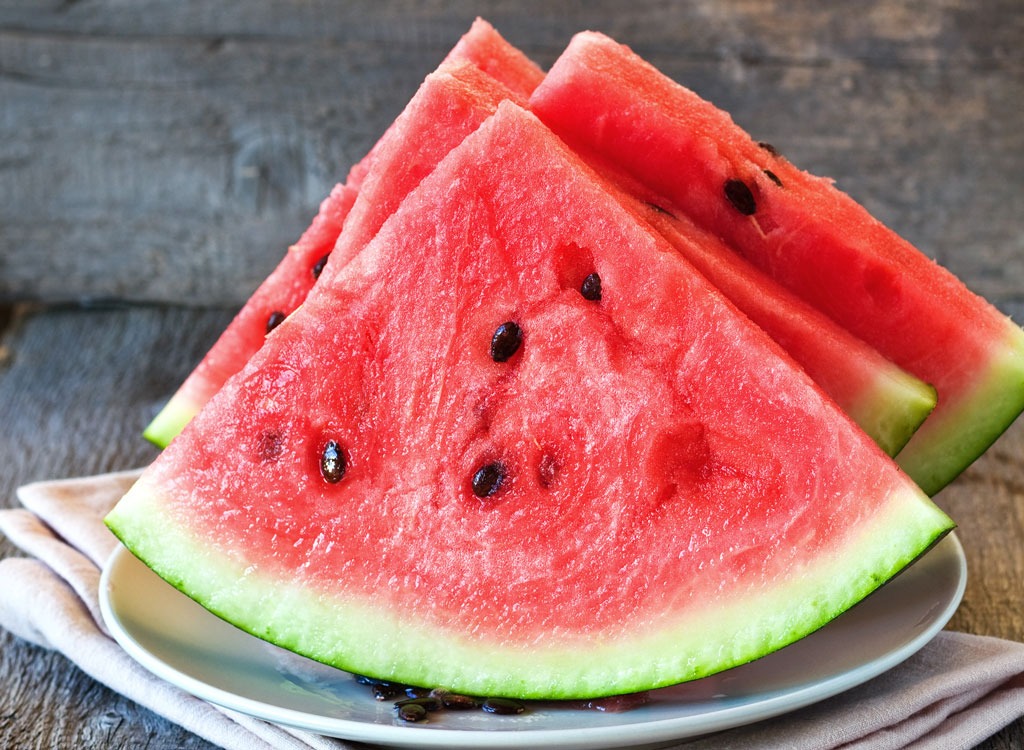
Just the term “watermelon water” (try saying that ten times fast) sounds like a hydration-obsessed, clean-living junkie’s dream. Containing both the flesh and rind of watermelons, watermelon water lives up to its wholesome-seeming name: It’s packed with potassium (an electrolyte); vitamin C and lycopene (antioxidants); citrulline (an amino acid), and beta-carotene (a carotenoid). It doesn’t hurt that the ultra-sweet, vividly reddish-pink liquid is Instagram-ready.
One to try: WTRMLN WTR, $44.99 for twelve 12-oz. bottles
Cactus Water
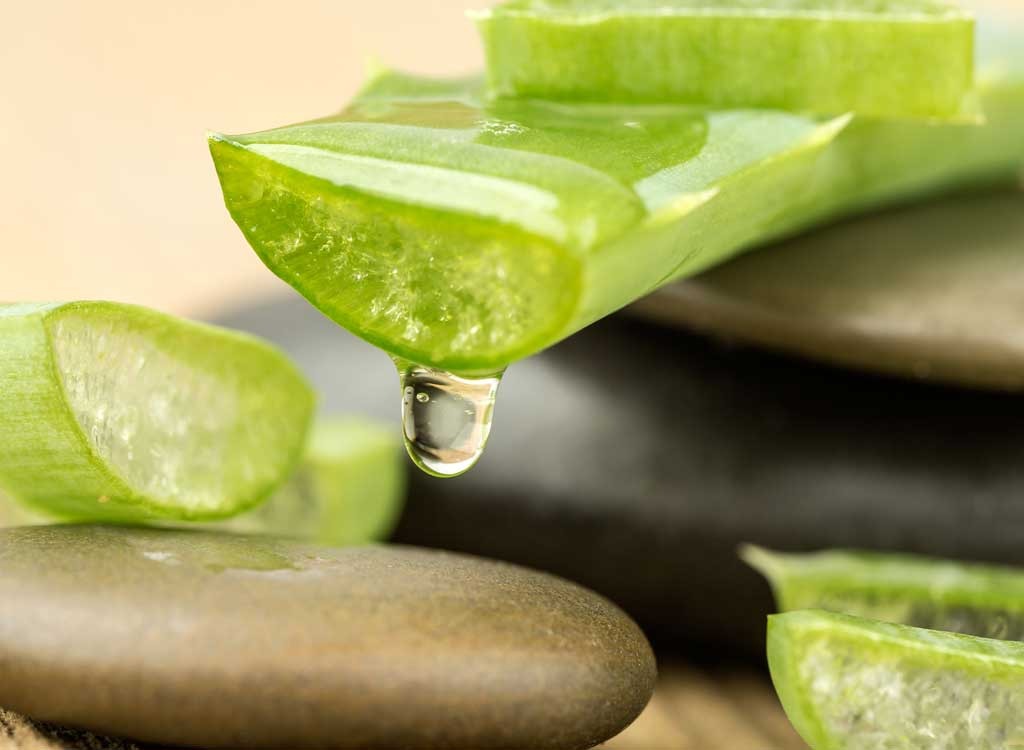
Made from prickly pear cacti, cactus water has “multiple health benefits,” says dermatologist Judith Hellman. “It’s chock full of antioxidants, vitamins, and minerals, making it an immune-system booster. Cactus water contains betalains, which have anti-inflammatory properties to help fight cell damage, and taurine, an amino acid and potent antioxidant that helps prevent moisture loss in the skin.” The semi-opaque, pale pink drink is dense with nutrients and low in calories and sugar (but tastes like water steeped with perfectly ripe melons and berries—or a couple of crushed-up Sweet Tarts).
Ones to try: CaliWater, $29.99 for twelve 11.2-oz. cartons; True Nopal Cactus Water, $49.12 for twelve 33.8-oz. cartons
Maple Water
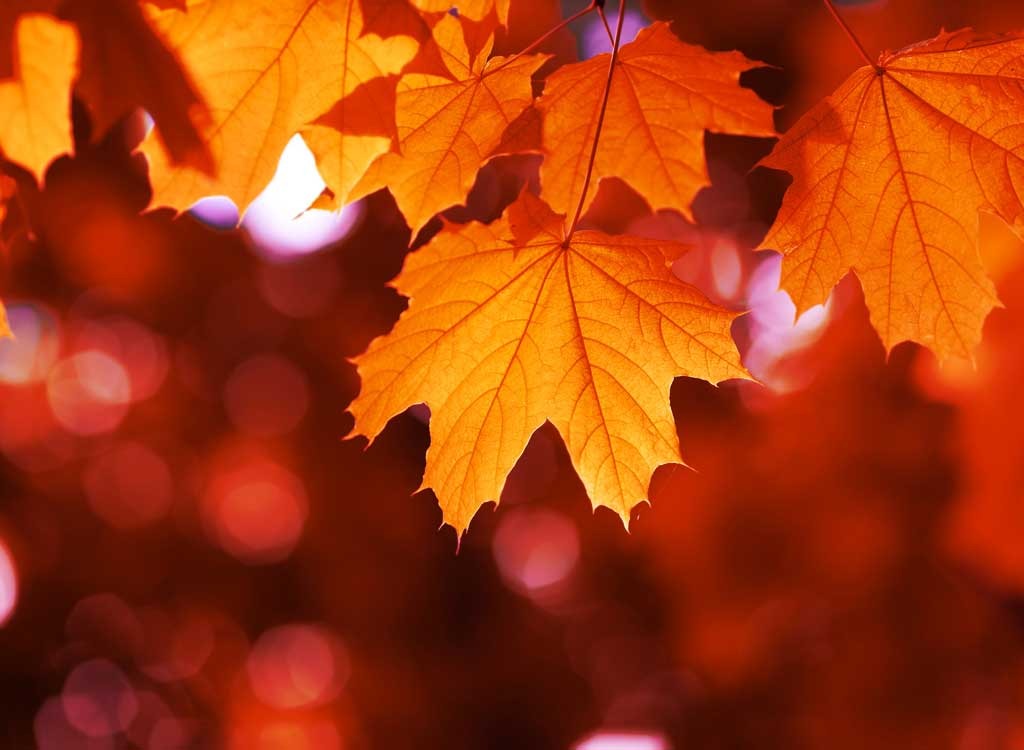
It’s true: A sugary, right-there-on-the-table diner staple has entered the world of alleged health drinks. Maple water is made from the liquid sap of maple trees (the same stuff that is typically boiled to produce syrup), which maple-water companies maintain is full of nutrients, polyphenols, and electrolytes. Experts are unsure of these claims (since maple water is so new to the market, it hasn’t yet been thoroughly studied), though nutritionist Peggy Kotsopolous writes on YoungAndRaw.com that maple water is especially high in “energy-boosting B vitamins” and “very low in calories and sugar.” Regardless, maple water has found a serious fandom in those who love its fresh, lightly sweet taste.
Ones to try: Happy Tree Organic Raw Maple Water, $36 for twelve 10-oz. bottles; DRINKmaple Pure Maple Water, $33.44 for twelve 8.45-oz. cartons; Vertical Water 100% Pure Maple Water, $44.94 for twelve 19.9-oz. cartons
Birch Water

A magical, spring-harvested elixir that hails from the forests of Northern Europe. Who wouldn’t want to tap into that? Birch water, long-lauded in Scandinavia, Slavic countries, and the Baltics for its curative capabilities, also comes from root-filtered tree sap. Its makers preach some rather lofty wellness claims (It dissolves cellulite! It fortifies bones! It detoxifies kidneys! It re-finances mortgages!) that are—again, like maple water—not totally substantiated. The mellow, semi-sweet-tasting drink does contain 47 fast-absorbing trace minerals; ascorbic acid, a form of vitamin C; and xylitol, a natural sweetener that helps prevent tooth decay, according to the American Dental Association. It’s not on our list of The 25 Best Foods for Instant Detox, but we’ll keep our eye on it.
Ones to try: Sealand Birk Birch Tree Water, $24.95 for ten bottles; Byarozavik Birch Tree Water, $41.88 for twelve 17-oz. bottles
Aloe Water
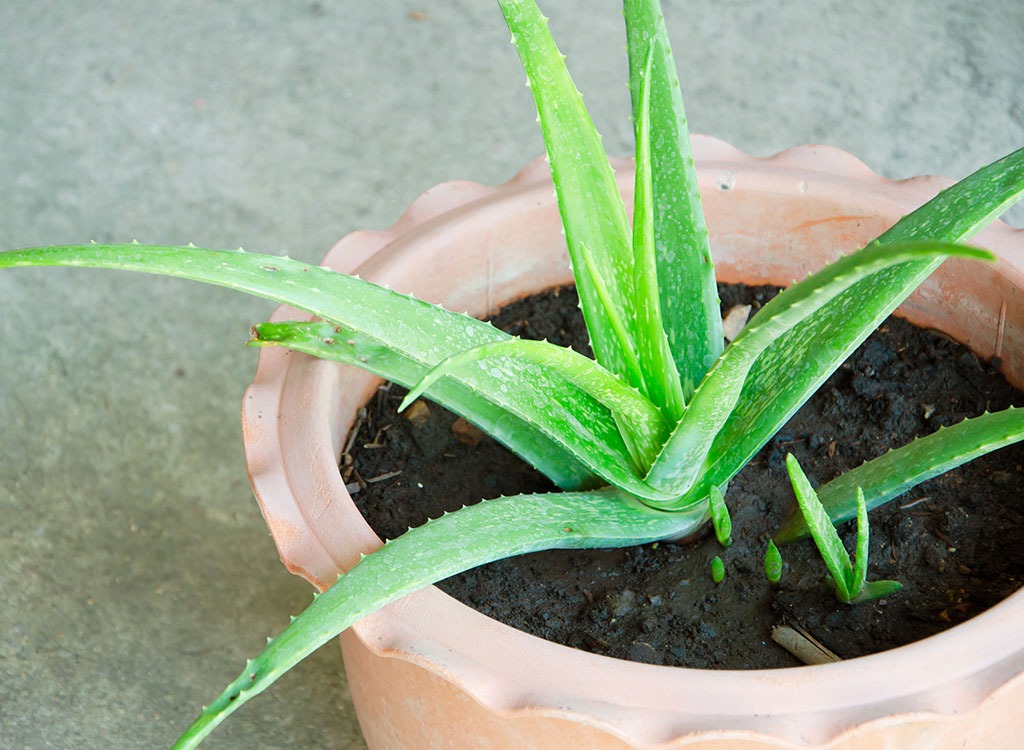
Aloe vera has been used as an anti-inflammatory skincare ingredient for centuries. But is ingesting it as useful as rubbing over scraped or sunburnt skin? It’s loaded with vitamins C and E, amino acids, and minerals, but most brands add cane sugar to offset aloe’s intensely sour taste, making a serving’s grams-of-sugar count equivalent to about half a can of Coke. Speaking of, you might want to avoid these 70 Worst Drinks That Give You a “Soda Belly”.
One to try: Juice Press Aloe Water, $3 for one 16.9-oz. bottle
Coconut Water
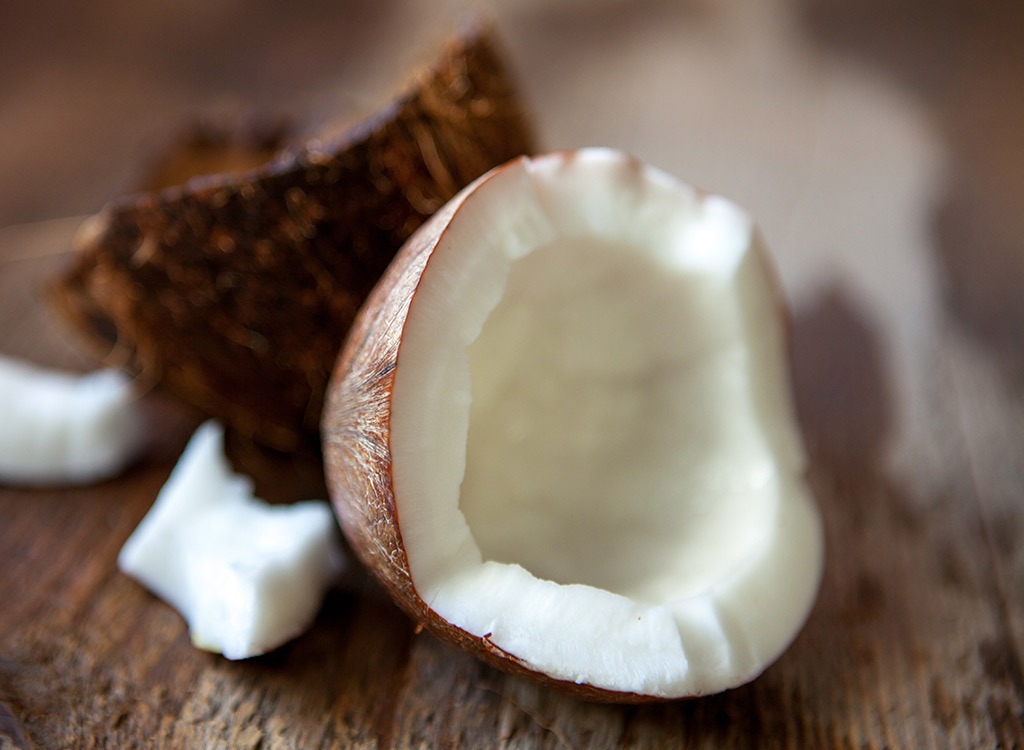
Coconut water kicked off the vegetation-based, nutrition-touting beverage craze—it is the health trend’s O.G. When coconut water first came into the collective consciousness a decade ago, its staggering rise was powered by manufacturers’ enthusiastic promotions pointing to supposedly sky-high levels of electrolytes and minerals. Many of those claims have now been toned down. (It turns out that coconut water isn’t the hyper-hydrating nectar of the Gods that natural-food diehards and hungover people everywhere once thought it was.) It does, however, offer an admirable dose of potassium and a distinct flavor that straddles tangy and sweet. If you feel like getting coconutty, check out the 20 Benefits of Coconut Oil.
Ones to try: Cocozia 100% Organic Coconut Water, $17.23 for twelve 11.1-oz. cartons; C2O Pure Coconut Water, $25.91 for twelve 17.5-oz. cans
Bamboo Water
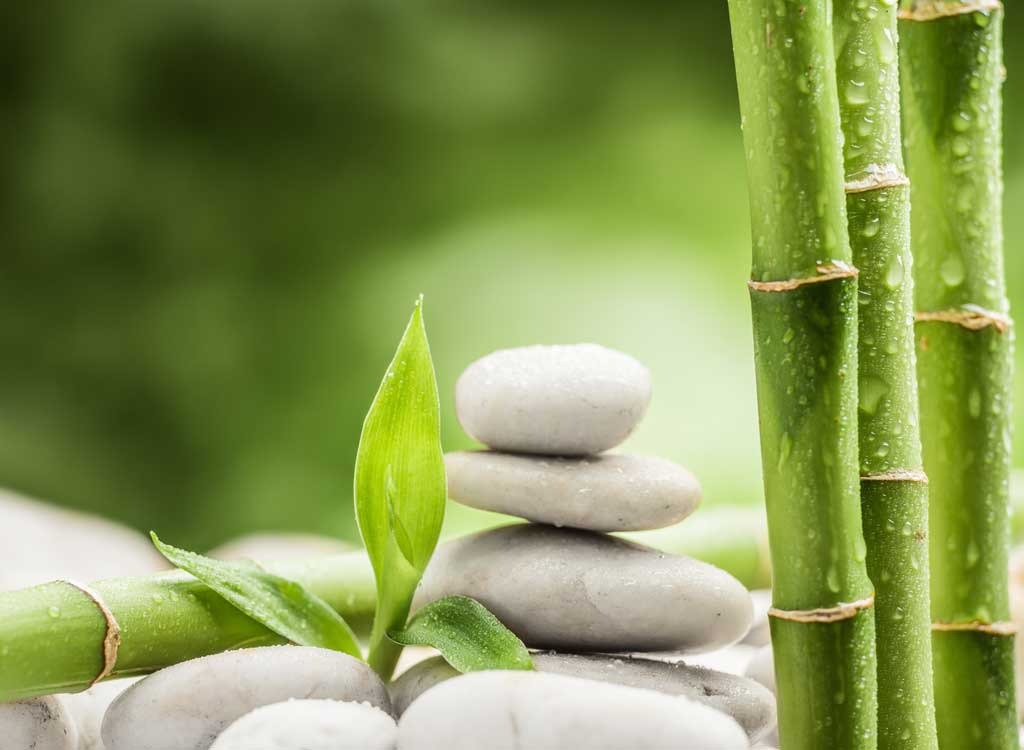
Healthy-living enthusiasts, meet your newest fixation. Water infused with bamboo extract might just become the next superwater. A traditional drink and healing ingredient in China and the Phillipines, bamboo is believed to have antioxidant and anti-inflammatory power.
One to try: Bamboo Beverages (launching this year)
Olive Water
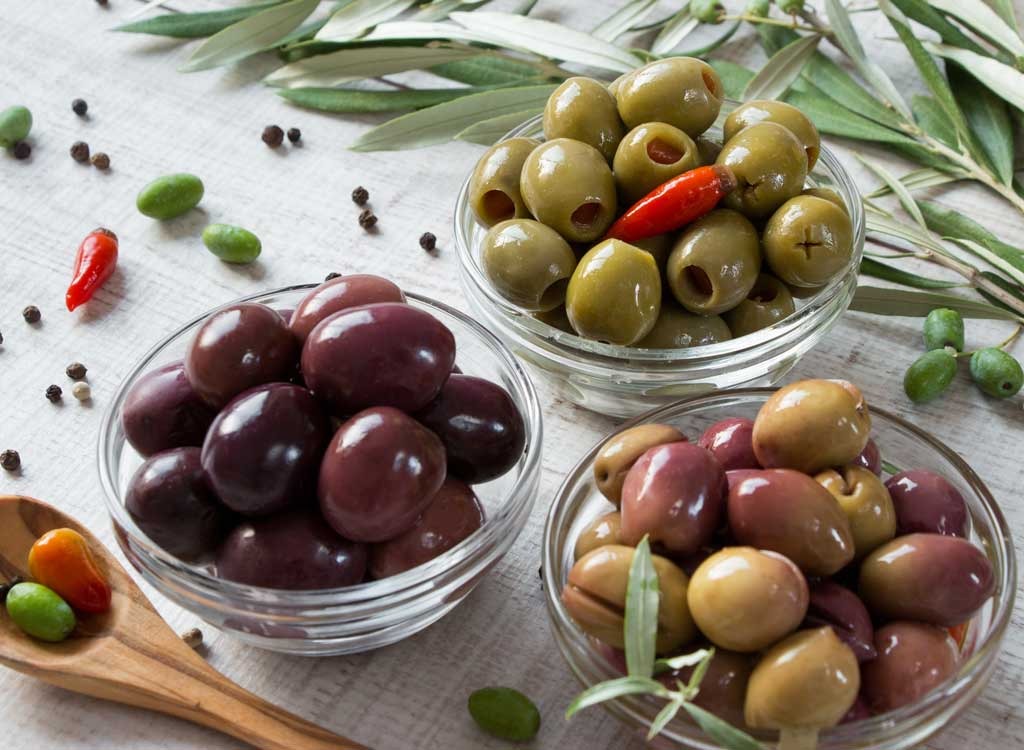
Whether drizzled over kale or dabbed onto skin to moisturize and fend off free radicals, omega-rich olive oil is a star ingredient. So its latest, liquid delivery system was only a matter of time. The plant-oil-based beverage promises an impressive shot of vitamins C and E.
One to try: Olive Water (launching this year)
Everything Else Water
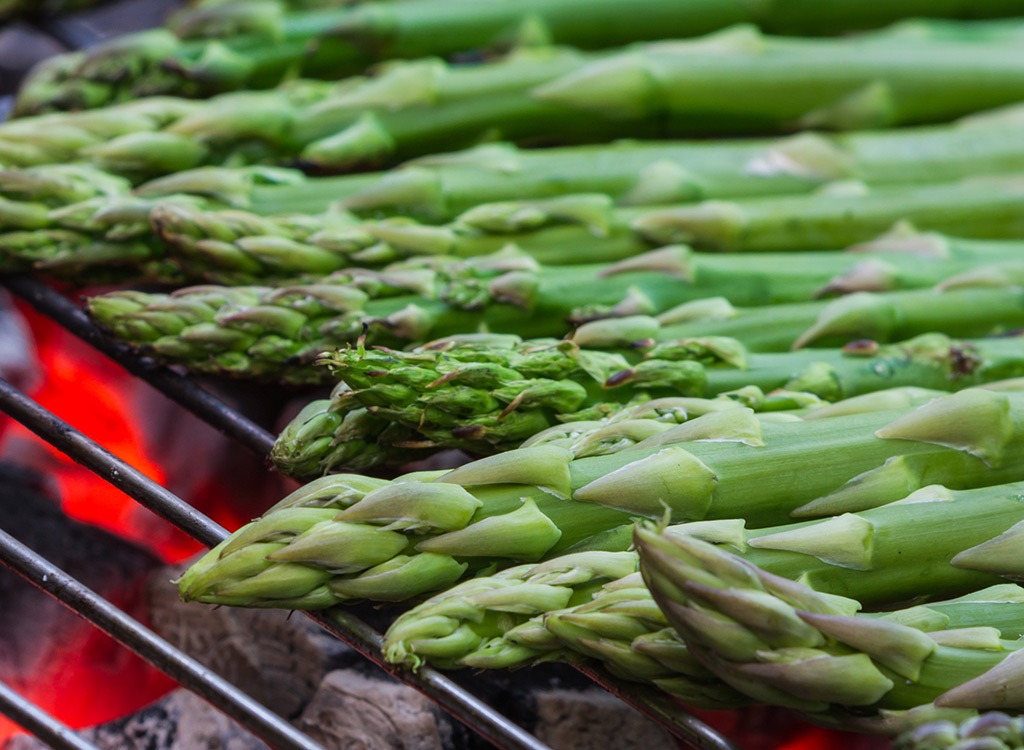
The nine waters above are just a handful of the most popular waters that are keyed up to be part an industry that’s predicted to pull in $36 billion by 2019. And when you have places like Whole Foods selling “asparagus water” for six bucks (remember that one?), it’s not that hard to imagine it. But do your research before chugging—and feel free to default to plain ol’ H20 when all else fails. That one’s always a winner.